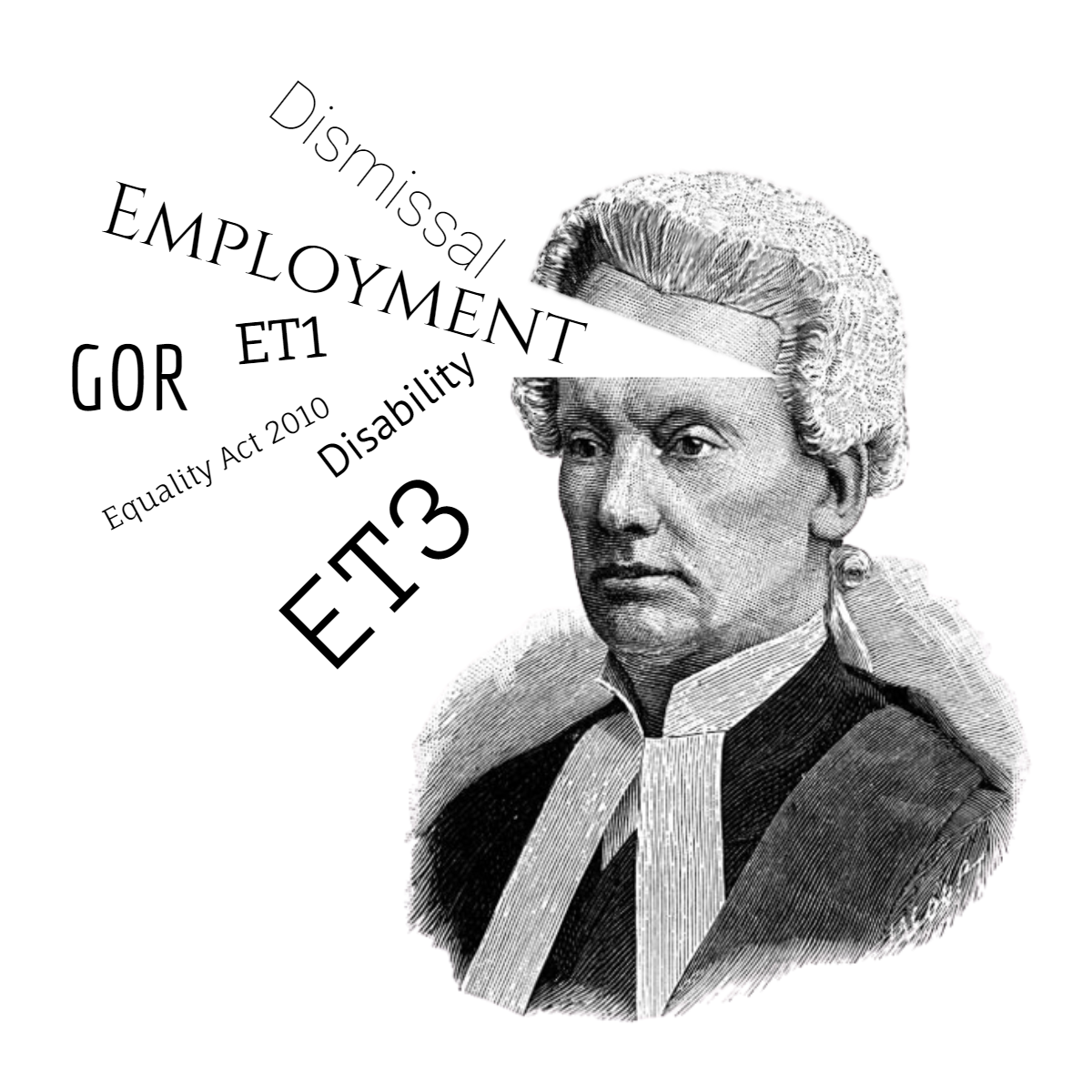Fixed-Term Contract
Expiry of a Fixed-term Contract
Fixed term meaning
For a contract to be for a fixed term, the end date must be predictable when the contract is made. In accordance with Reg. 1(2) Fixed-term (Prevention of Less Favourable Treatment) Regulations 2002 as amended a fixed term contract is a contract which will terminate on:
a specific date or after a specified period of time;
the completion of a particular task; or
the occurrence or non-occurrence of a specific event.
Expiry of a fixed term without renewal
Expiry of a fixed term contract without renewal is:
a dismissal for statutory purposes; but
not a dismissal at common law.
This means that an employee could use the expiry of the contract as a basis for an unfair dismissal claim but not for a wrongful dismissal claim. Expiry of a limited-term contract (also known as ‘fixed-term contracts’) without renewal is deemed to be a dismissal for statutory purposes (s.95(1)(b) ERA). This means that employers who fail to renew these contracts on their expiry are liable to unfair dismissal or redundancy pay claims. Expiry of a limited-term contract is not a dismissal for contractual purposes so cannot be used as a basis for wrongful dismissal claims.
Notice periods in fixed term contracts
Note that it is possible (and frequently arises in practice) for a fixed term contract to contain a notice clause. Such a clause may be drafted thus: “This contract is to continue until 30 April 2023 unless terminated earlier by either party giving to the other not less than three months’ notice in writing”. When dealing with the termination of a fixed term contract, it is important to check whether that contract contains a notice provision. If it does not, damages for breaching that contract will run to the end of the fixed term (as opposed to simply the end of the notice period).
Fixed-term Regulations 2002
Fixed-term employees are afforded protection by the Regulations. This protection encompasses, for example:
the right to be treated no less favourably than a comparable permanent employee in relation to any contractual term including pay and benefits;
the right to information about any permanent vacancies the employer may have; and
the right to statutory minimum notice for short-term contracts of three months or less.
Fixed-term employees who have been continuously employed for four years or more on a series of successive fixed-term contracts will automatically be treated as permanent employees (that is, employed under an indefinite contract), unless the continued use of a fixed-term contract can be objectively justified. This applies only if the employee has been continuously employed for four years or more on a series of successive fixed-term contracts.
Comparable permanent employee
A comparable permanent employee will be a person who is not on a fixed-term contract but who is employed by the same employer at the same establishment performing "the same or broadly similar work," taking into consideration whether or not they have equivalent qualifications or abilities, if applicable. This employee will be referred to as a comparable permanent employee.
Less favourable treatment
Employees on fixed-term contracts are not to be treated less favourably. This may be because their contract conditions are less favourable than those of a similar permanent employee, or for any other reason. The Regulations make it clear that getting training and having the chance to land a permanent job in the institution are both covered by the right not to be treated less favourably. For instance, fixed-term workers have the right to be treated equitably if they want to apply for permanent job opportunities and to be notified about these openings.
Employment Coaching
Get help with your employment issue, as it arises at work. If you are having problems at work you may not understand where to start. I can coach you to navigate your Employment Policies and Procedures. This can help you argue your employment issue and organise any potential claim in the right way up to the employment tribunal if needed. As an expert law tutor I will guide and support you through the whole process. I offer simple, cost effective and confidential employment advice for employees/workers on employment issues you experience at work. I particularly want to assist anyone who has been discriminated.
Employment Advice
I have been teaching law for 20 years. Moreover, I have gained a lot of employment law experience advising both individuals and companies. I have had many successful outcomes but more than that I have had countless cases that ended in settlements because the case could not be won by the employer. If you are having problems at work why not get someone to teach you how employment law works. I provide valuable advice while you are having trouble at work and can coach you through a successful outcome. I have been just as effective for defending employment claims for businesses.
HOw I can Help?
I need to raise a Grievance
How to gather evidence for my grievance
How to appeal my grievance
Defend a disciplinary
Dealing with a potential unfair dismissal
Is this an automatic unfair dismissal?
What are protected acts?
Resign and claim constructive dismissal
Is my Redundancy fair
What is the process for Whistleblowing?


